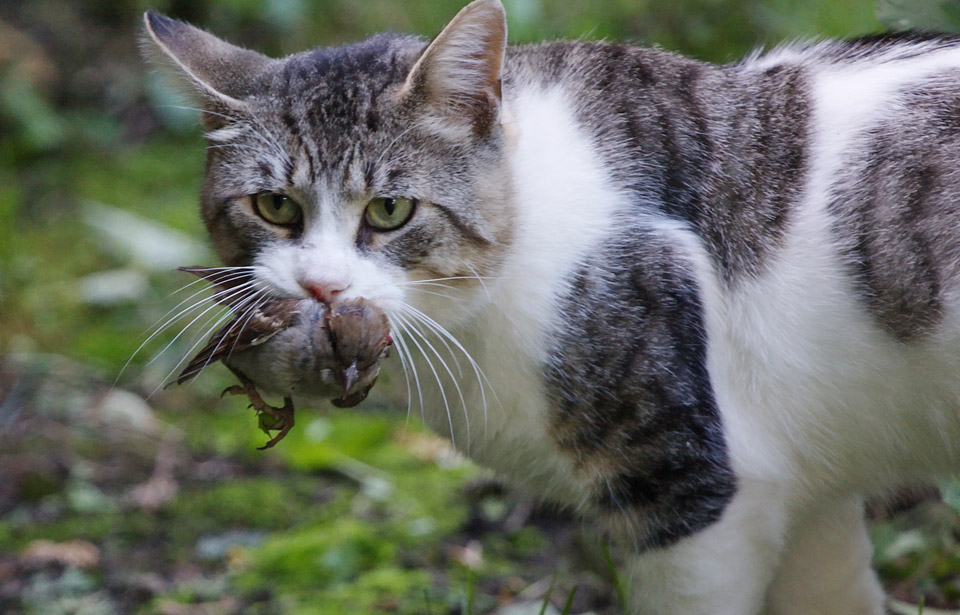When non-native species find their way to Canada, often stowing away in ship’s ballast tanks or on trucks or trains, they can multiply quickly, wreaking havoc on native species and ecosystems. Take, for example, the spiny water flea. This European crustacean made its North American debut in 1984. Within three years, the tiny invader had spread throughout the Great Lakes and beyond, competing with native species for limited food supplies. The Eurasian ruffe and round goby are aggressive fish invaders whose populations have grown alarmingly in the past 15 years, preying on the eggs and young of other fish or competing with them for food.
More widespread and infamous are zebra mussels. Just one of these black and white freshwater molluscs can produce a million eggs a year, forming masses of 750,000 per square metre. They cling to every available surface, including water-pipes, boat hulls, buoys, and animals like crayfish and clams, while smothering fish spawning grounds.
The most visible alien is purple loosestrife, capable of out-competing all native plants and forming impenetrable stands that provide neither food, nesting habitat, nor shelter for wildlife. Able to resprout from tiny fragments, with each plant producing nearly three million seeds a year, purple loosestrife has infested every province in Canada, sparing only the Yukon and Northwest Territories.
Here’s how you can do your part to curb the alien invasion:
- Learn how to identify and monitor non-native plants and animals. For instance, a good way to monitor zebra mussels is to hang a rock tied to a rope off the end of a dock and check it from time to time for clusters of these molluscs.
- If you suspect that a new invasion of non-native species has occurred, report it to your department of natural resources or CWF.
- Launch an education campaign aimed at boaters, anglers, scuba divers, and waterfront owners to prevent the spread of aquatic aliens.



